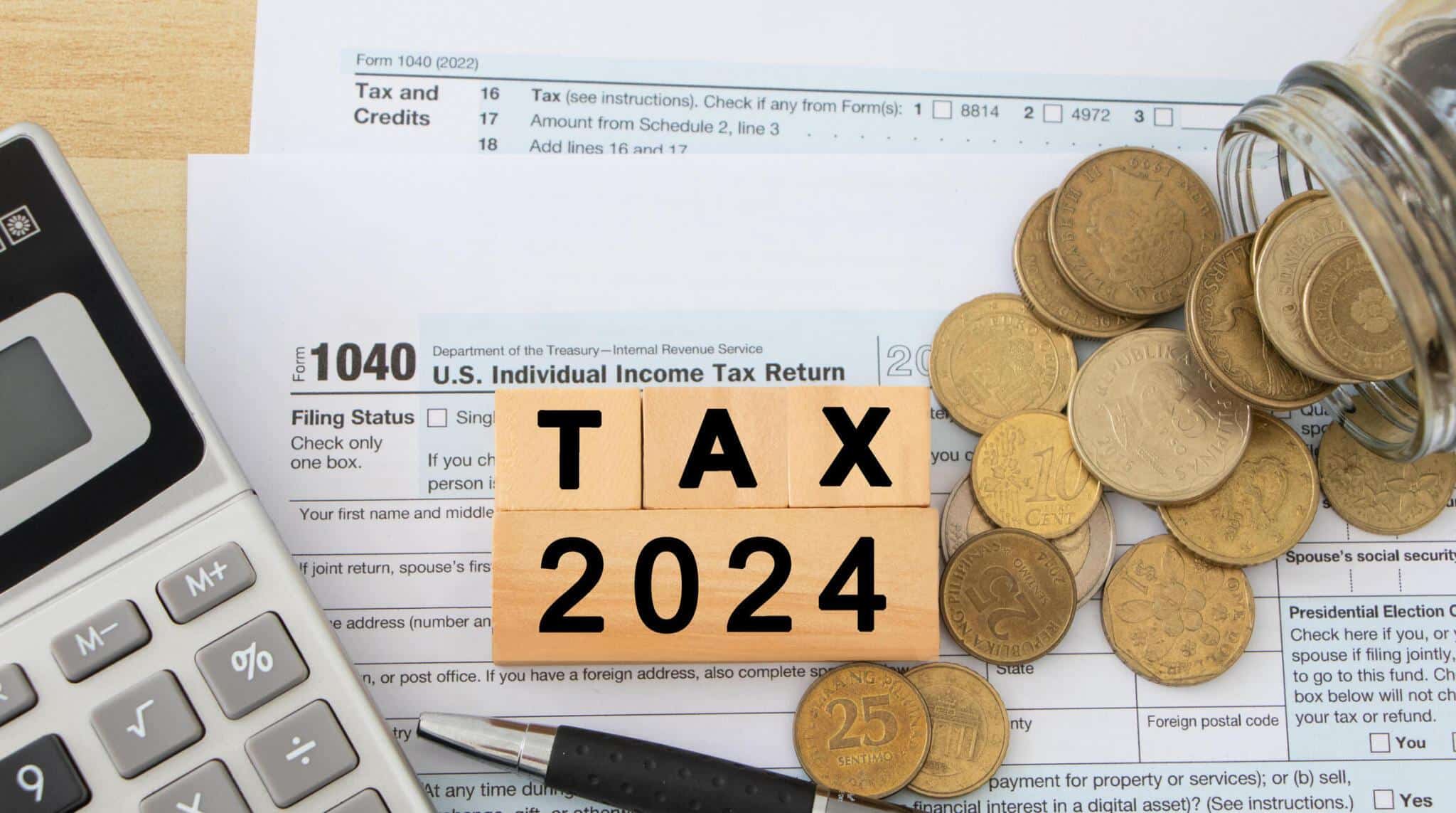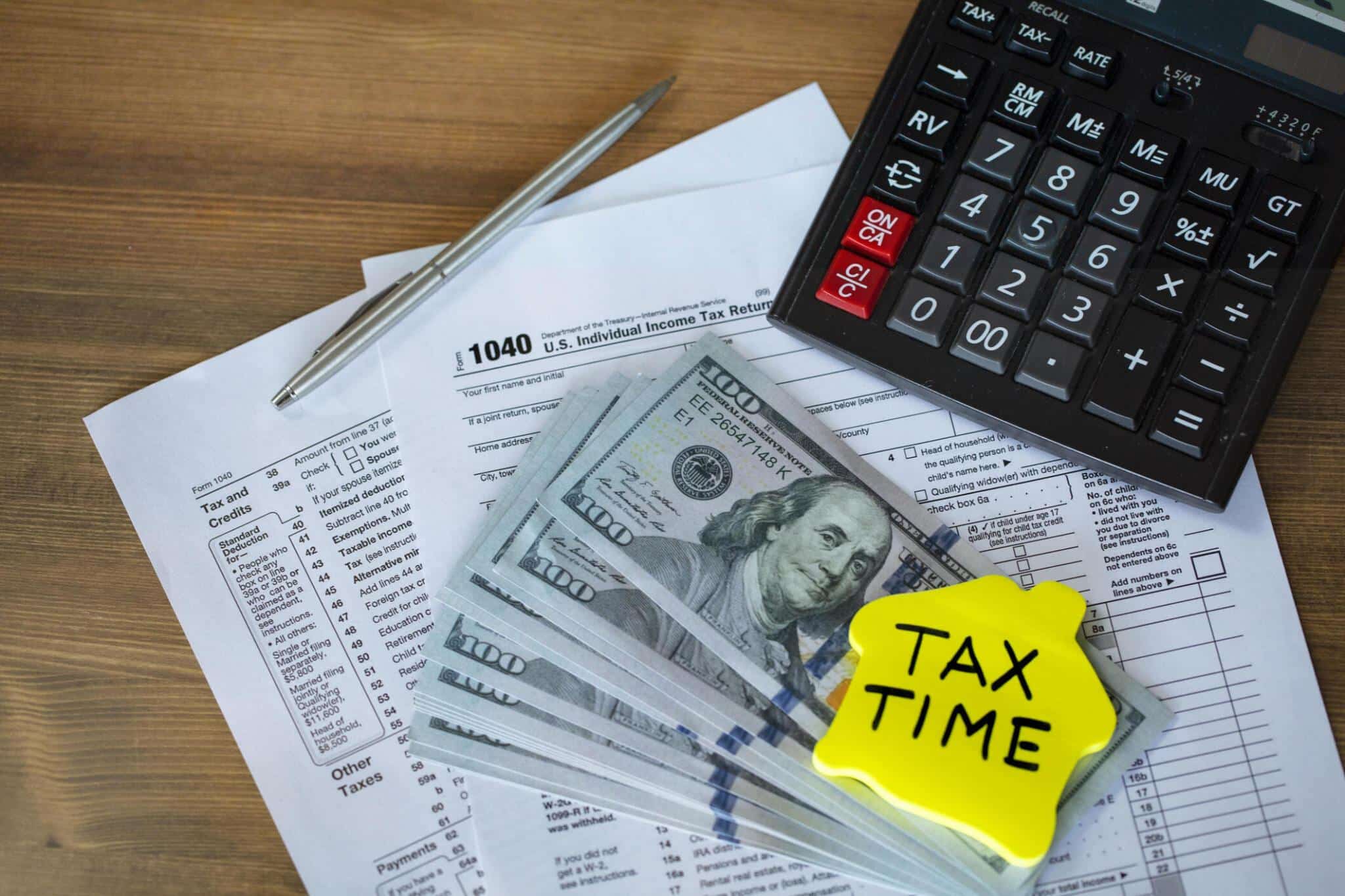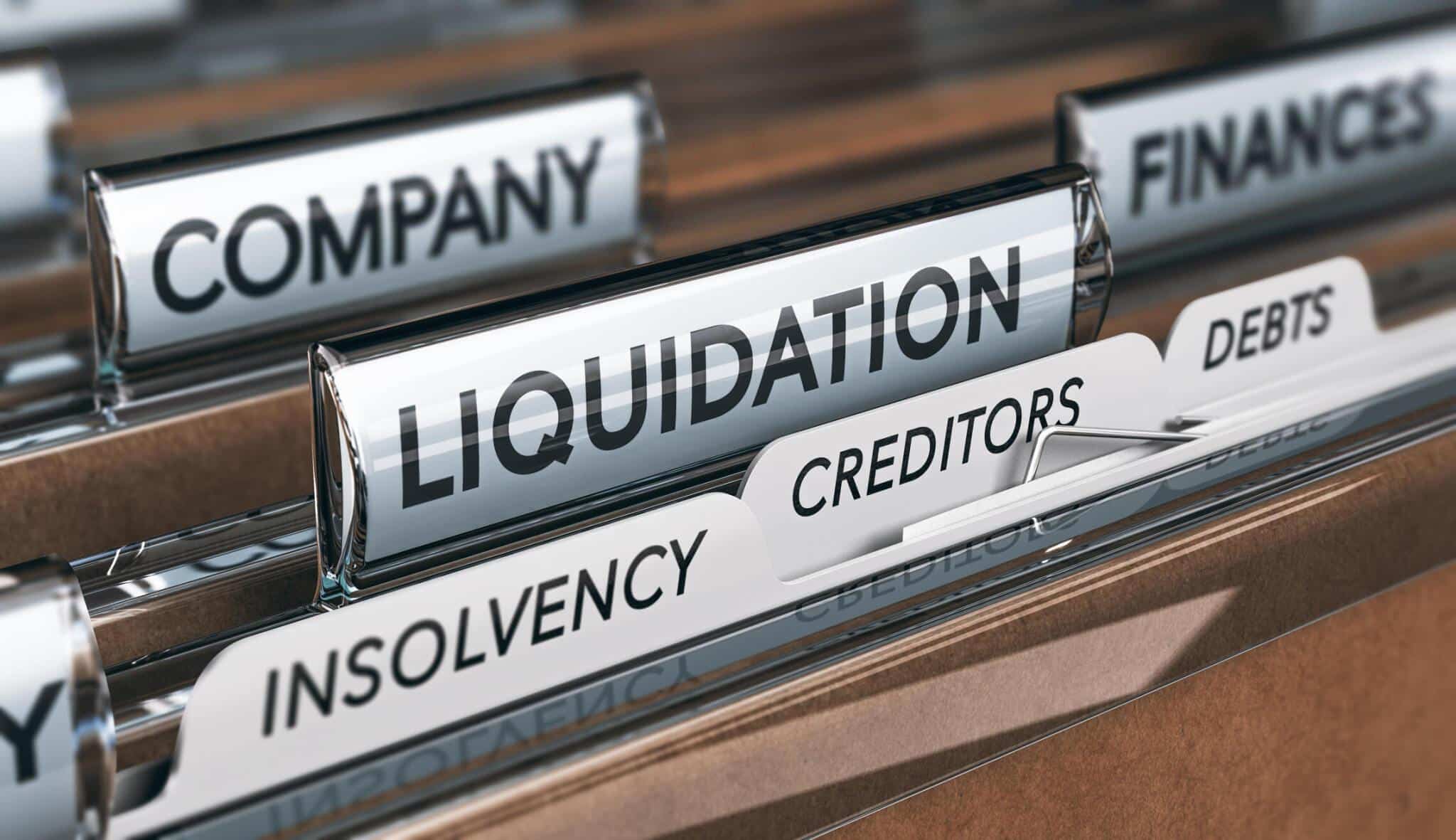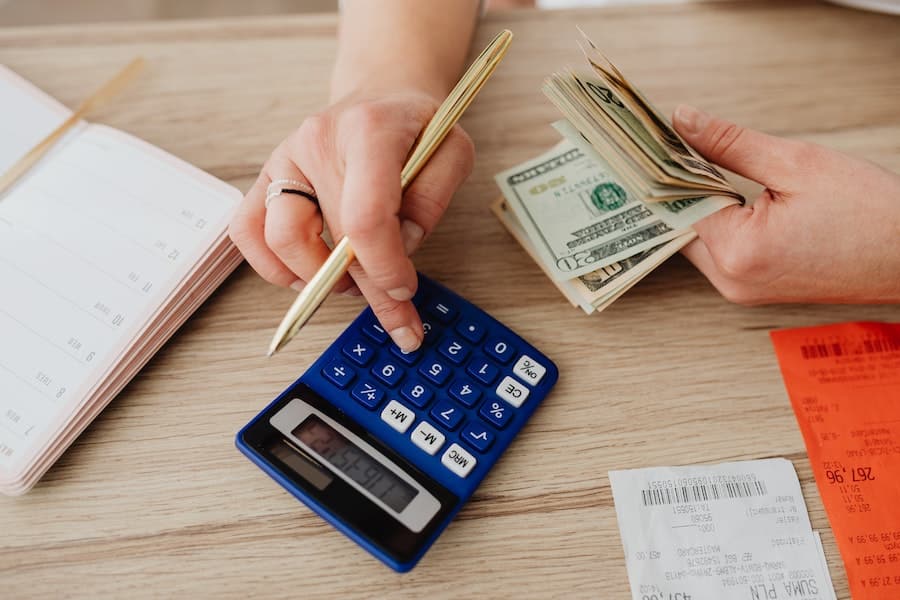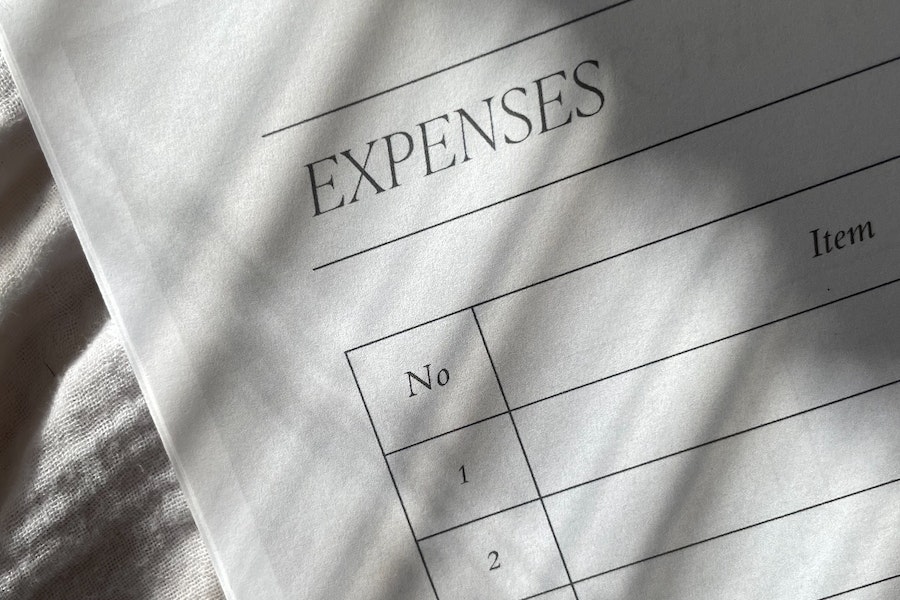As the Director of a business, you have an obligation to make sure everything is up to date in terms of paying tax and superannuation. If you start to fall behind, the ATO now has the power to recover outstanding amounts directly from you.
This year, there has been a rise in ATO-issued Director Penalty Notices. Find out what this means and what to do if you receive one.
What is a DPN?
A Director Penalty Notice (DPN) is a penalty issued by the ATO to company directors whose businesses have failed to pay tax-related liabilities by the required dates.
The reason DPNs are worrying is that they make the director of the company directly, personally responsible for the payment of any outstanding tax debts.
Why you might receive a DPN
If you are a director of a company with outstanding debts to the ATO, you may be at risk of receiving a DPN.
The specific fees you will be held responsible for if unpaid are:
- Pay as you go withholding (PAYGW) – i.e. the tax you pay on behalf of your staff
- Goods and services tax (GST)
- The super guarantee charge (SGC) – the superannuation you pay your employees
As reported recently in Accountants Daily, DPNs are currently being issued against directors very quickly after a company has defaulted on payment arrangements as the ATO works to crack down on overdue taxes and super.
According to the ATO, if you are a new director, it is possible to avoid becoming responsible for debts accrued before your appointment as long as you do the following within 30 days of your appointment:
- Pay the debts in full for PAYGW, net GST from 1 April 2020 (including luxury car tax (LCT) and wine equalisation tax (WET) amounts) and SGC from 1 April 2012
- Appoint an administrator under section 436A, 436B or 436C of the Corporations Act 2001
- Appoint a small business restructuring practitioner under section 453B of that Act
- Begin to wind up (within the meaning of the Corporations Act 2001)
As a former company director, you may still be responsible for debts accrued during your time in the position. The ATO implemented this rule to ensure that companies aren’t liquidated and dissolved when debts grow too high.
The ATO holds former directors responsible if the company has liabilities that:
- were due before the date of resignation
- fell due after your resignation if
- for PAYGW and net GST (including LCT and WET), the first withholding event in the reporting period occurred before your resignation
- for SGC liabilities, the date the charge became payable
You will also be held responsible if you resigned as director before the first withholding event in that period for PAYGW and net GST. This will also include earlier unpaid liabilities for any reporting periods that began with you as the director.
Finally, you will be held responsible for any unpaid liabilities for reporting periods that started while you were a director if you resigned as a director before the date the SGC became payable.
What to do if you receive a DPN
If you receive a DPN, you are not alone. There were 4,806 DPNs handed out in the second half of 2022, an increase of more than 50 per cent, and insolvencies have been surging because of this.
Once you have received a DPN, the ATO says you have 21 days to either:
- Pay the amount of tax and super owed back in full, or
- Negotiate a payment plan for the company’s debt
If your business is still trading and generating revenue, a payment plan is likely to be the best option. Contact your tax accountant to negotiate with the ATO on your behalf.
To avoid being personally liable for money owed by your business, you may need the help of an insolvency or restructuring team. In this case, reach out to us for a referral.
Mobbs & Company are tax accountants that operate in Brisbane, Caboolture and on the Sunshine Coast. Contact us if you need help to resolve a Director Penalty Notice.



